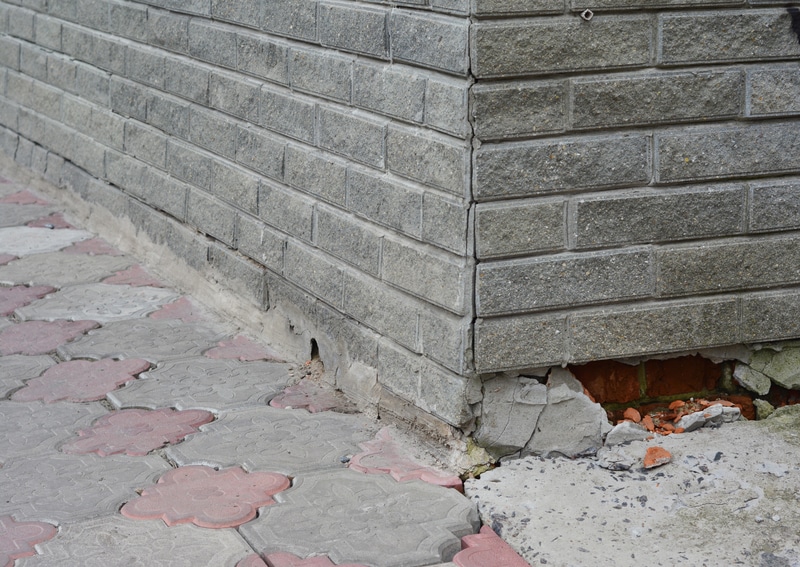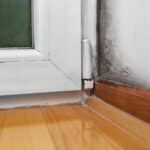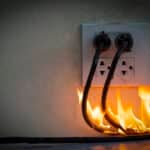When it comes to the structural integrity of your home, the foundation plays a crucial role. A solid foundation ensures the stability and safety of the entire structure. That’s why when home inspectors assess a property, they pay special attention to the foundation. If you’re a home buyer or seller, understanding what home inspectors look for in your foundation can provide valuable insights into the condition of your property.
Unevenness
One of the first things inspectors look for in your foundation is unevenness. They check for any signs of sagging, sloping, or tilting. Unevenness in the foundation can indicate settlement issues or improper construction. Inspectors use specialized tools and equipment to measure the level of the floors and surfaces in the home. Even minor unevenness can be a red flag, so it’s important to address any discrepancies promptly. Foundations can also become uneven due to seismic activity in the area. Some parts of the country are more prone to earthquakes and other natural disasters, so it’s important to keep an eye out for any signs of shifting or cracking that could indicate a potentially dangerous situation. In some cases, building codes require that foundations must be level within a certain tolerance range. If the unevenness exceeds this range, corrective action should be taken to bring it back into compliance. This could involve installing shims or making other minor adjustments to even out the foundation.
Cracks
Inspectors meticulously examine the foundation for cracks. Cracks can be an indication of various problems, such as settling, moisture-related issues, or structural instability. Inspectors identify the size, shape, and location of cracks to determine their severity. Cracks in your foundation require professional help to fix. Depending on the type of crack, repairs may involve sealing, filling, or more extensive foundation work. Addressing cracks promptly is essential to prevent further damage and potential safety hazards. Incorrectly filled or sealed cracks are susceptible to water seepage and future failure. To ensure that problems with your foundation don’t worsen, it’s essential to hire a qualified contractor for the job. They can provide you with advice on the best way to fix your specific foundation issues. Once the repair is complete, additional inspections may be necessary every few years to verify that the crack has not reoccurred.
Water Damage
Water damage is another significant concern when it comes to foundations. Inspectors assess whether there are any signs of moisture intrusion, such as water stains, mold growth, or efflorescence (white powdery deposits). Water damage can weaken the foundation and lead to long-term structural issues. Inspectors also check for proper drainage systems and grading around the property to ensure that water is directed away from the foundation. If water damage is an issue, then repairs must be made to stop the water from entering and damaging the foundation. This could involve replacing or patching existing drainage systems, installing new drainage systems, re-grading the yard to direct water away from the house, repairing cracks in the foundation walls, caulking around windows and doors, and sealing any other openings that allow water to enter.
In the world of real estate, transparency, and thorough inspections are essential for both buyers and sellers. By addressing foundation concerns promptly and transparently, you can ensure a solid foundation for a successful real estate transaction.
Did You Enjoy Reading This Article? Here’s More to Read: The Consequences of Having Small Gaps in Your Roof






